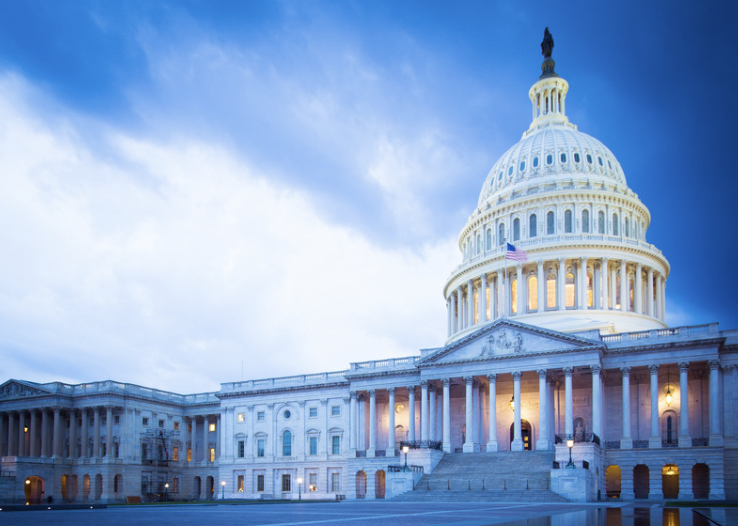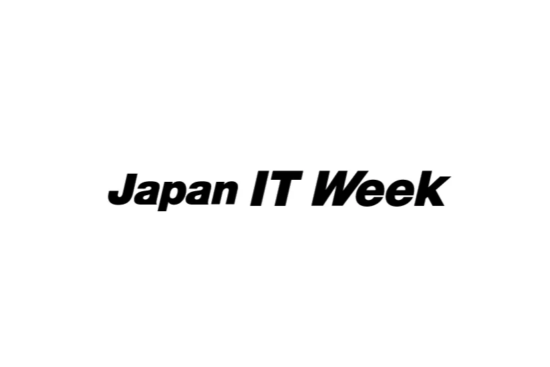
Without action by Congress, government funding will expire at midnight on Friday, December 20. A government shutdown is looking increasingly likely as some contentious issues such as the debt limit, disaster relief funding and lawmakers’ pay raises remain.
Here’s a breakdown of how major institutions will be affected by the funding shortfall.
U.S. Customs and Border Protection
In accordance with the Department of Homeland Security’s contingency plan, cargo inspection capabilities at ports of entry will remain active during the closure. However, certain activities, such as training and auditing, do not need to occur during this period. Additionally, back-office support positions are unlikely to be deemed essential and will be furloughed. Refunds, audits, adjudication requests, etc. will be postponed until the shutdown is over.
There remains uncertainty about which specific offices will be deemed essential. For example, forced labor communications may be furloughed, resulting in delays in reviewing Enforcement and Protection Act (EAPA) and Uyghur Forced Labor Prevention Act (UFLPA) charges.
U.S. Department of Commerce
Under the Commerce Department’s contingency plan, some International Trade Administration (ITA) activities, such as trade policy negotiations, will be deemed necessary for national security and will occur during the shutdown.
However, many other activities are unlikely to be considered essential. For example, during the last shutdown in 2019, the ITA and BIS were operating with significantly reduced staff and budgets. All anti-dumping and countervailing duty (AD/CVD) investigations and administrative proceedings will be halted.
U.S. Treasury Department
Administration and enforcement of economic and trade sanctions will continue in accordance with Treasury’s contingency plan. However, Office of Foreign Assets Control (OFAC) clearances are specifically listed as agency activities that will cease during the government shutdown.
U.S. Department of State
Many offices and activities within the State Department are considered important national security functions and will not experience significant disruption. However, under the department’s contingency plan, many administrative functions will be temporarily furloughed, which will cause delays in licensing and other regulatory functions.
U.S. Food and Drug Administration (FDA)
Unlike many other agencies that are funded solely by government grants, most of the FDA’s staff are funded by other revenue (agency fees) and therefore are immune to the effects of the government shutdown. According to the agency’s contingency plan, 77% of FDA employees would be retained if the funding lapsed. Admissions reviews and examinations, as well as high-stakes investigations, will continue. However, importers should expect delays in the processing of import transactions.
While many organizations and employees critical to international trade will not be affected by furloughs during the shutdown, businesses should still expect delays and disruptions. Diaz Trade Law will continue to monitor developments and provide updates as they become available.











Leave a Reply Cancel reply
You must be logged in to post a comment.